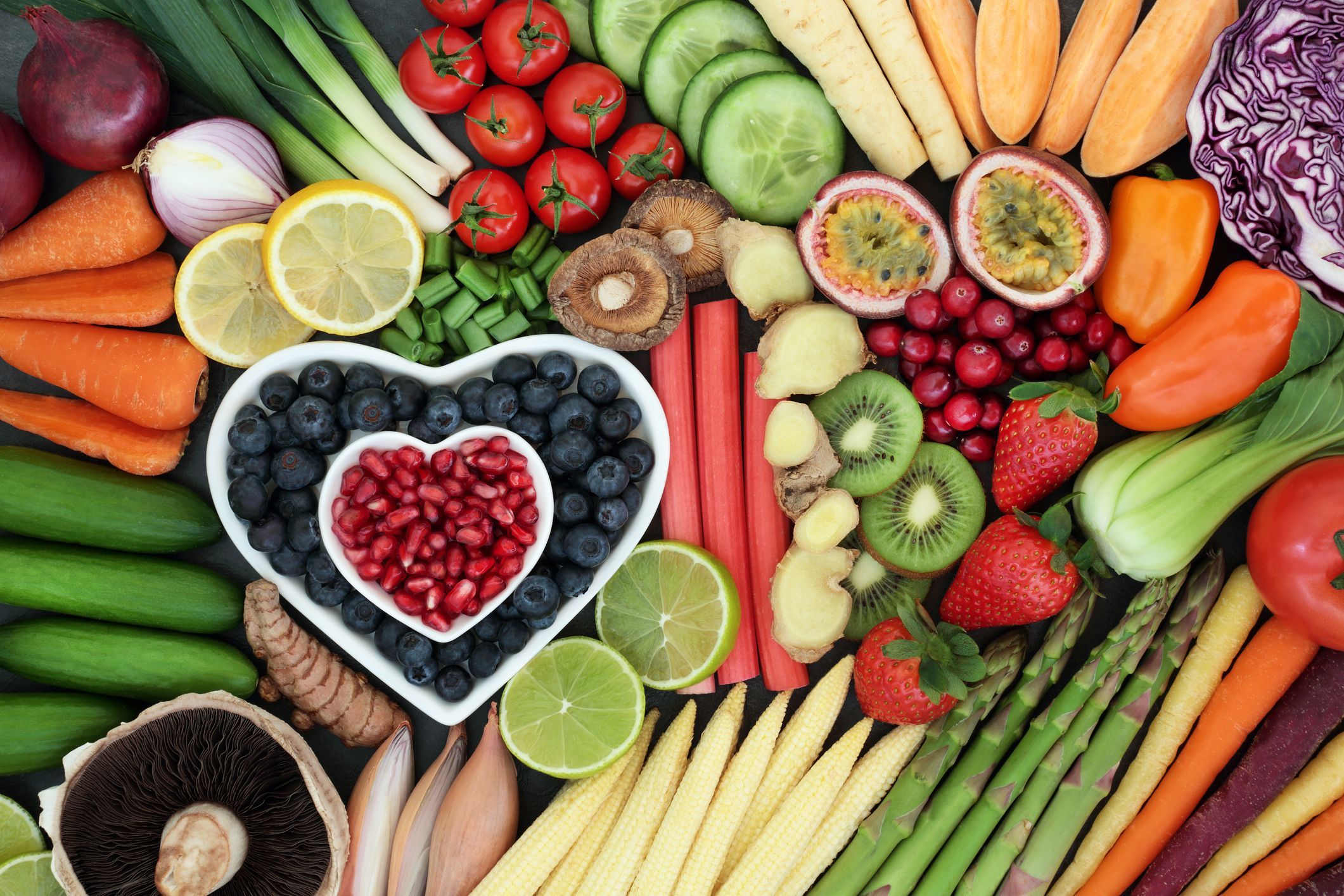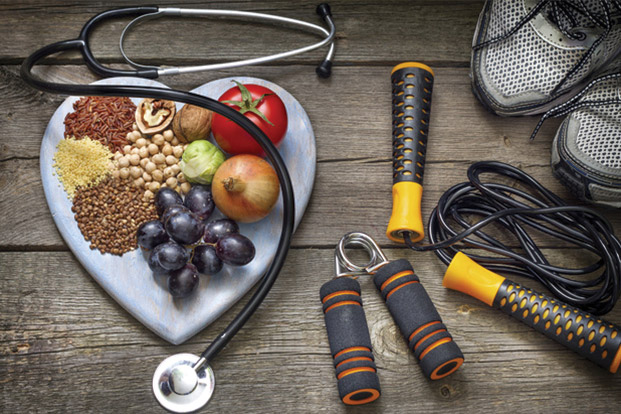Diet For Cardiac Patients Amid COVID-19 Pandemic
Apr 19, 2022
Coronavirus affects the respiratory system, in which lungs does not work properly. When lungs are not working in full steam, heart has to work harder to pump oxygenated blood throughout the body. This added stress is very dangerous for heart patients and makes them more prone to this infection. Being at increased risk doesn’t mean you are destined to catch this infection or you will develop serious symptoms if you catch it. But like always said “prevention is better than cure.”

So, here are some diet-related tips for cardiac patients to protect them from getting infected with COVID -19:
- Reduce Saturated Fat, Trans fat and high cholesterol food from your diet-
- Include omega-3 fatty acids and good fat foods in your diet like fish, flaxseed, walnuts, olive oil, soybean oil, rice-bran oil, mustard oil, avocados, etc. Such monounsaturated and polyunsaturated fat rich foods improve blood cholesterol levels.
- Avoid whole milk and use skimmed milk for tea, coffee, curd and paneer.
- Avoid all fried foods like parantha, puri, samosa, pure ghee items, dairy products like butter and cream-based desserts.
- Reduce Sugar and refined carbohydrates intake –
- Avoid refined carbohydrates like sugar, juices, jams, honey, jaggery, chocolates, root vegetables, maida (refined wheat flour) preparations like white bread, cookies, macaroni and pizza.
- Include unrefined whole grains like whole wheat, multigrain bread, brown rice, barley, quinoa, bran cereals, oatmeal and non-starch vegetables.
- Include Fiber-rich Food in Your Diet –
- Eat whole grain cereals, whole gram and pulses, whole wheat porridge and bread.
- Include carrot, tomatoes, green veggies, cucumber, onion and fruits like apple, berries, papaya, citrus fruits and pears in your diet.
- Beverages –
- Include fruit juices, lemonade and buttermilk in your diet, as they don’t contain cholesterol or saturated fat.
- Avoid all aerated and alcoholic beverages.
- Coffee and tea can be taken in moderation as excess intake of caffeine increase heart rate.
- Reduce intake of processed foods-
- Avoid processed foods like frozen meats, packaged chips, packaged soup and cookies, processed cheese, etc as it contains high salt content in the form of sodium which is very dangerous for heart patients.
Some Dietary guidelines for cardiac patients
- Prefer small and frequent meal on time of heavy meals.
- Monitor blood pressure levels often.
- Take proper rest, at least 8 hours of sleep.
- Avoid smoking and alcohol.
- Keep your mind active by solving puzzles, reading motivational books, newspapers to maintain mental-wellness.
- Avoid too much masalas & spicy foods.
- Do exercise at home for at least 20 minutes every day.
Follow these simple dietary tips and prevent getting infected. For more queries you can take video consultation.









